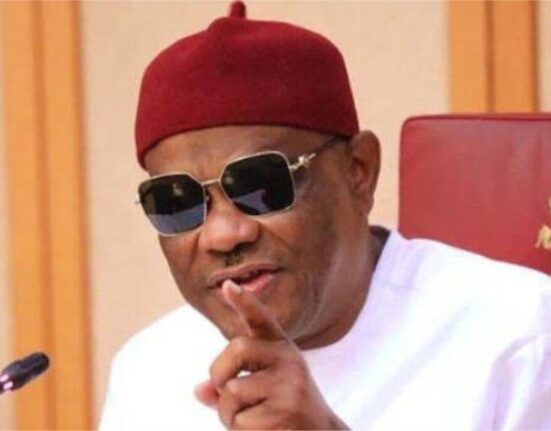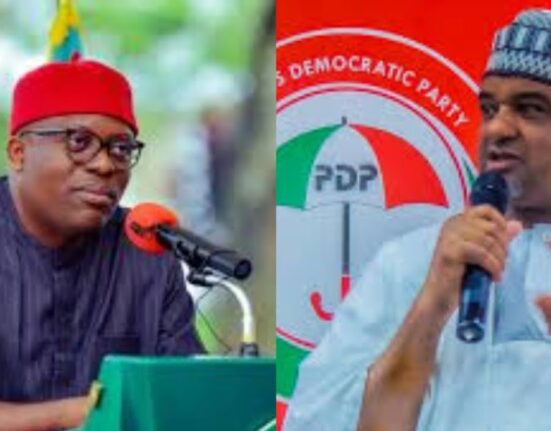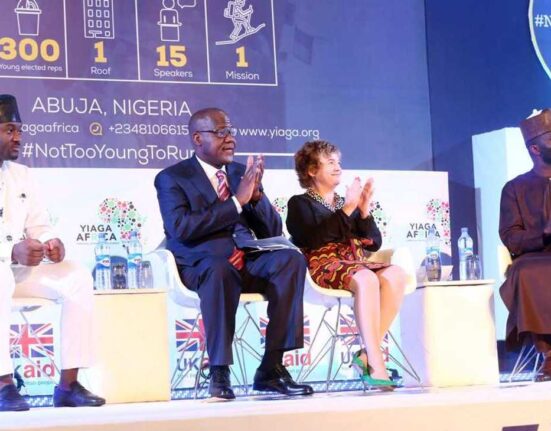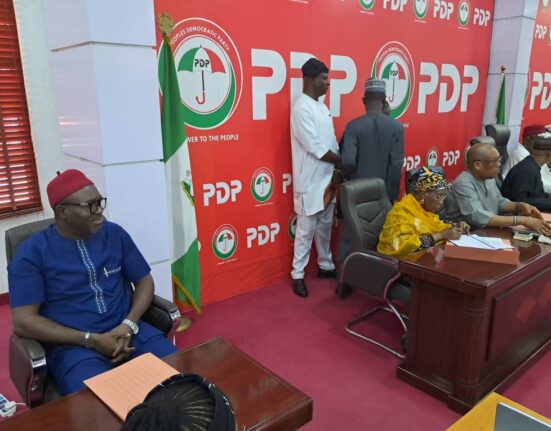The political landscape is always ripe with drama, especially when it comes to endorsements and alliances. Recently, the All Progressives Congress (APC) found itself embroiled in a controversy surrounding a claim made by Anambra-born businessman Prince Arthur Eze regarding President Bola Ahmed Tinubu’s alleged endorsement of Governor Peter Mbah for a second term in Enugu State.
In a strongly-worded rebuttal, the Enugu State Chapter of the APC dismissed Eze’s assertion as “misleading and baseless,
” emphasizing that it was driven more by personal interests than political reality. The party’s Publicity Secretary, Mr. Titus Ezeagu, went on record to clarify that Eze had no formal ties to the APC or President Tinubu and had previously shown opposition to Tinubu’s presidential aspirations.
Ezeagu highlighted the importance of distinguishing between personal opinions and official endorsements within the party. He reiterated that President Tinubu had not publicly or privately endorsed any governor for a second term, including Governor Peter Mbah. The APC further urged individuals like Eze to refrain from making statements that could undermine the democratic process both in Enugu State and across Nigeria.
Expert analysis shed light on the situation, pointing out that such controversies often stem from personal agendas and historical relationships. One expert noted, “
It is crucial for political actors to uphold democratic principles and allow electoral processes to unfold organically without undue influence or propaganda.
”
The back-and-forth between Eze and the APC underscored larger issues within Nigeria’s political landscape. As one observer remarked, “
These incidents highlight the complexities of navigating political allegiances and power dynamics in a democracy still healing from past authoritarian regimes.
”
Ezeagu emphasized that promoting an individual candidate should be done through legitimate channels, not through media pronouncements or questionable endorsements. He stressed that fostering a strong political alternative required adherence to constitutional processes rather than relying on external influences.
As tensions simmered between conflicting factions, observers noted how these disputes could impact public perception of both politicians and parties involved. “
Transparency and integrity are essential components of effective governance,” remarked one analyst.
“Any deviation from these principles risks eroding trust among constituents.”
Looking ahead, stakeholders called for a return to democratic norms and respectful discourse within Nigeria’s political arena. They highlighted the need for constructive dialogue over sensationalist claims and urged all parties involved to prioritize accountability above personal agendas.
In conclusion, while controversies like these may capture headlines momentarily, their lasting impact lies in how they shape public trust in institutions and leaders striving towards a better future for all Nigerians.









Leave feedback about this